On the eve of the 151st birth anniversary of Mahatma Gandhi, Father of the Nation, Ram Krishna opines that Gandhi is the way. A Special Feature, exclusively for Different Truths.
A morally worthy end, according to Mahatma Gandhi, can be achieved only by adopting morally pure means. He did not agree with those who said means are after all means. For Gandhi, means are after all everything.
There are many worthy and aspirational ends or goals which mankind strives for. Yet, there are a few, which are critical to sustenance and welfare of mankind. These are Peace, Sustainability and Empathy. In all the three, we need convergence of ends and means.
There are many worthy and aspirational ends or goals which mankind strives for. Yet, there are a few, which are critical to sustenance and welfare of mankind. These are Peace, Sustainability and Empathy. In all the three, we need convergence of ends and means. Unless ends are “mainstreamed” as means, the ends will remain as lofty idealsand their realisations will either be distant or elusive.
Peace, as an end, is hugely worthy and aspirational. We are in dire need of peace to cleanse us from evils of rage, vengeance, selfishness, and foster happiness, harmony, and brotherhood.
The conflict zones of Yemen, Afghanistan, Syria, Libya, and Somalia are some reminders to our distant dreams on peace.
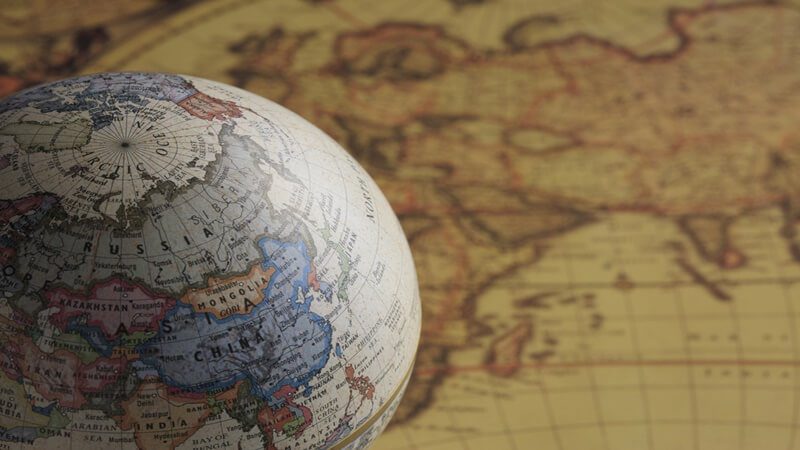
But, despite big talks and profound declarations at global fora, the kind of humanitarian crisis the world is facing due to war, insecurity and violence is unprecedented. The conflict zones of Yemen, Afghanistan, Syria, Libya, and Somalia are some reminders to our distant dreams on peace.
Unless the basic systems, policies and governance systems of superpowers and institutions, which are grossly unjust and unfair, are radically shaped and structured, the conflict and war will continue unabated.
Unless the basic systems, policies and governance systems of superpowers and institutions, which are grossly unjust and unfair, are radically shaped and structured, the conflict and war will continue unabated. What is ironical and more disturbing is the attendant geopolitical games and commercial ventures that are promoting arms trade and build-up of lethal weapons in the name of finding peace.
“Non-violence is the greatest force at the disposal of mankind” Gandhi asserted. Peace, he showed, can be ushered in by mainstreaming its components manifested through non-violence, tolerance, patience, and understanding, in all our words and action. There is no way to peace, peace is the way, Gandhi maintained.
Sustainability is a profound goal, which would ideally ensure that nobody is left behind on our planet. Indeed, it was in 1992 that more than 170 countries came together at the Rio Earth Summit and agreed to pursue sustainable development, protect biodiversity, the climate system and forests.
Indeed, it was in 1992 that more than 170 countries came together at the Rio Earth Summit and agreed to pursue sustainable development, protect biodiversity, the climate system and forests.
But, after about three decades later, the natural systems on which humanity relies continue to be degraded. Be its ecological footprint, biodiversity index, greenhouse gas emissions, loss of tropical and subtropical forests, we have slipped on all key indicators. Now, the efforts towards meeting the ends of sustainability are being taken forward through the seventeen SDGs.
It would be tough to attain the goal of sustainability if it is not mainstreamed in the design and implementation of every developmental project, policy instruments, institutional programs, governance and, indeed, every aspect of human lives and lifestyles. It would in turn require changes in a market-based economy, business/production/supply chain models, communicational approaches with local communities and their leaders.
The responsible consumption based on need, and not greed, strengthening village and local enterprise, circular economy, trusteeship incorporate vision are some key elements that Gandhi advocated
The responsible consumption based on need, and not greed, strengthening village and local enterprise, circular economy, trusteeship in corporate vision are some key elements that Gandhi advocated that must be ingrained to further the ends of sustainability.
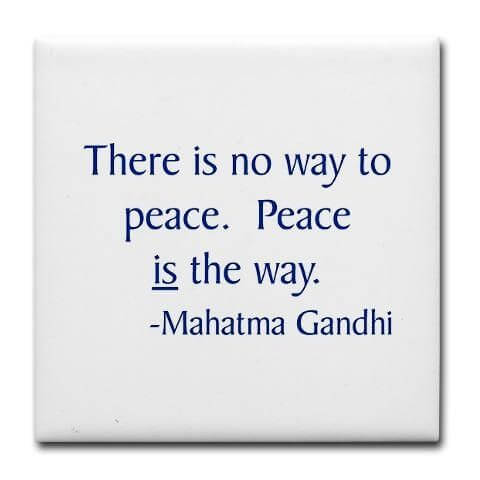
Empathy is the base of compassion-a highly cherished dharma. Indeed, this unique quality is even more required in the new knowledge economy and human-AI world. In his book Hit Refresh, Satya Nadella, the Microsoft’s CEO writes “If we hope to harness technology to serve human needs, we humans must lead the way by developing a deeper understanding and respect for one another’s values, cultures, emotions, and drives.”
But moral virtue should not find occurrences and be confined to only scriptures, texts and preaching. Empathy must be revealed in all our motives and actions. Yet, we are witness to the gross absence of empathy, even during the ongoing pandemic.
But moral virtue should not find occurrences and be confined to only scriptures, texts and preaching. Empathy must be revealed in all our motives and actions. Yet, we are witness to the gross absence of empathy, even during the ongoing pandemic. The scenes of migrants trudging hundreds of kilometres home from the cities, jobless and uncared for, are so heartrending.
Our ability to care for, help and cooperate with each other is the cornerstone of human culture and one of the keys to cultural transformation- for a thriving civil society, respectful debates and discourses, and a humane world. Unless we place empathy, as a universal value, at the centre of everything we pursue and make it a driving force in all our endeavours, we cannot hope to transform the world.
Gandhi demonstrated powerfully how empathy should be revealed in action. Upon his return from South Africa in 1915, he decided that to work for the downtrodden of his motherland, he must literally experience the life of the poorest himself.
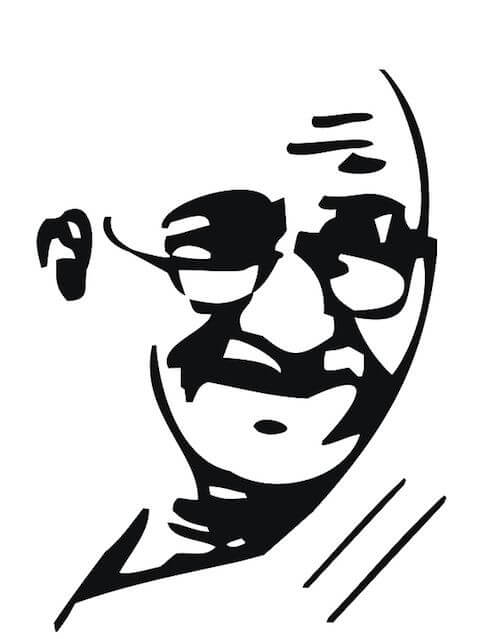
Gandhi demonstrated powerfully how empathy should be revealed in action. Upon his return from South Africa in 1915, he decided that to work for the downtrodden of his motherland, he must literally experience the life of the poorest himself. Be his clothes, food, daily routine, all reflected his deep empathetic instinct. This instinct even took him across religious boundaries. “I am a Muslim! And a Hindu and a Christian and a Jew- and so are all of you” he said.
It is in this context we can decipher his famous statement “My Life is my Message”. With non-violence as his credo, village republic, rural economy and poor his talisman, and human rights, dignity, and humanism his priority, he mainstreamed peace, sustainability and empathy as inalienable, organic, and natural part of his work and life.
If we are to realise the worthy goals, we need to follow Gandhi. But again, we must remember that there is no way to Gandhi, Gandhi is the way.
Photo from the Internet
Feature picture from stockpicturesforeveryone.com

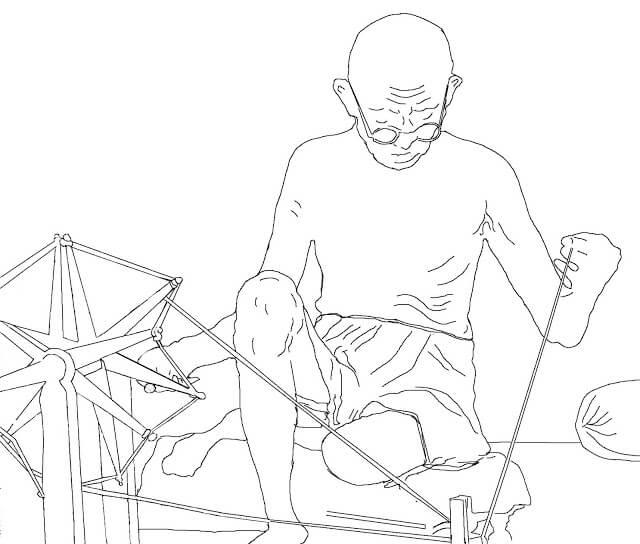
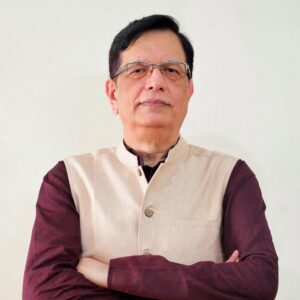

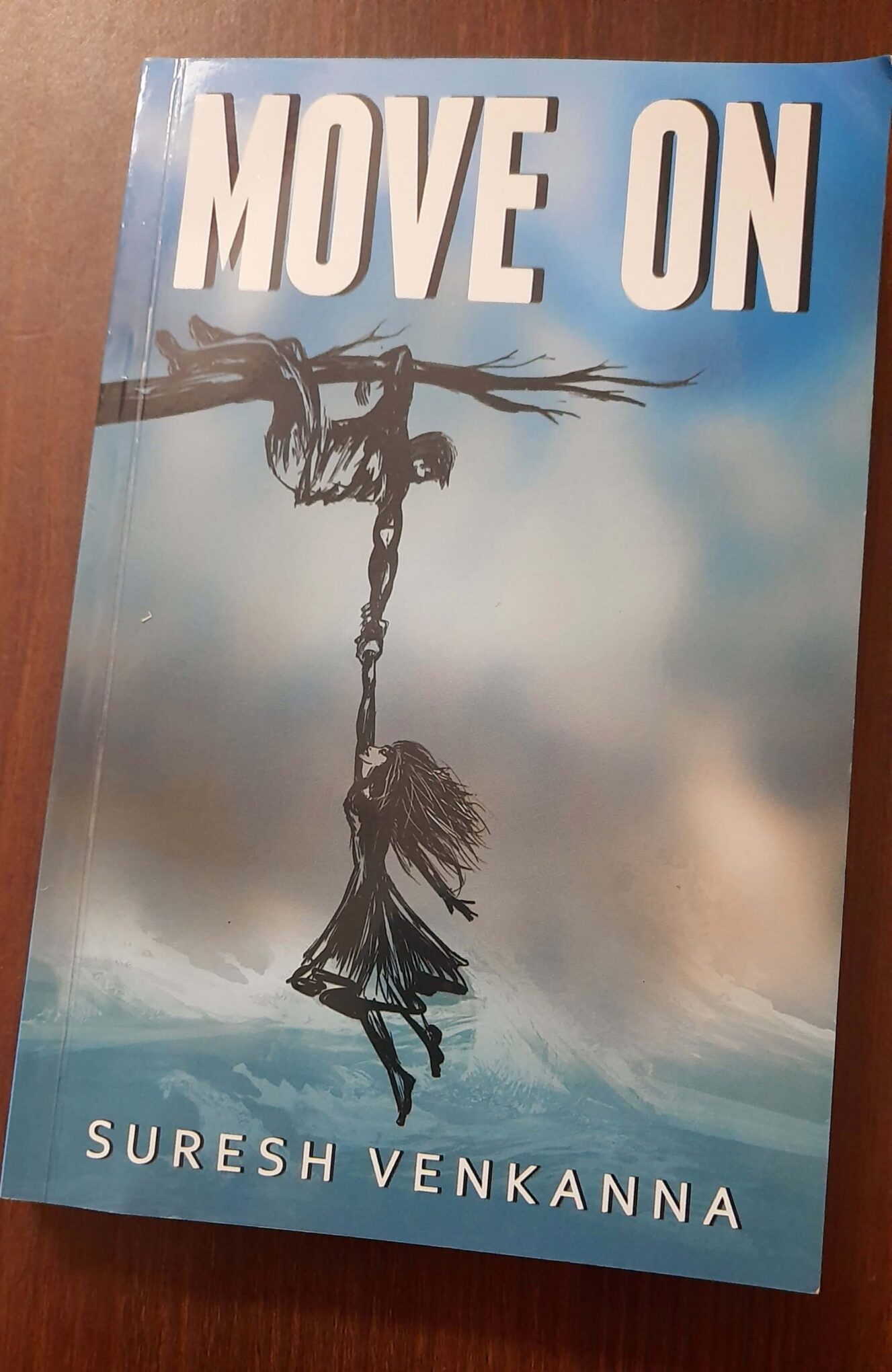


 By
By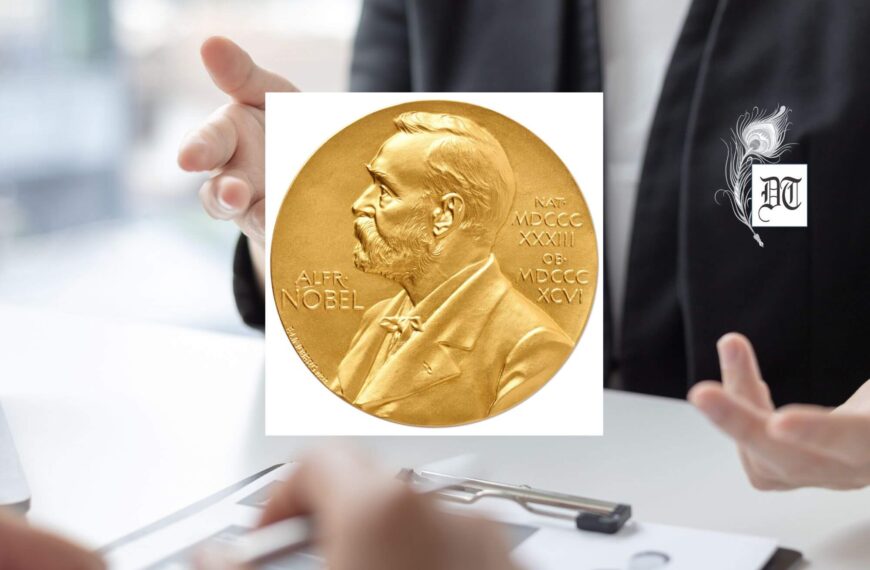

 By
By